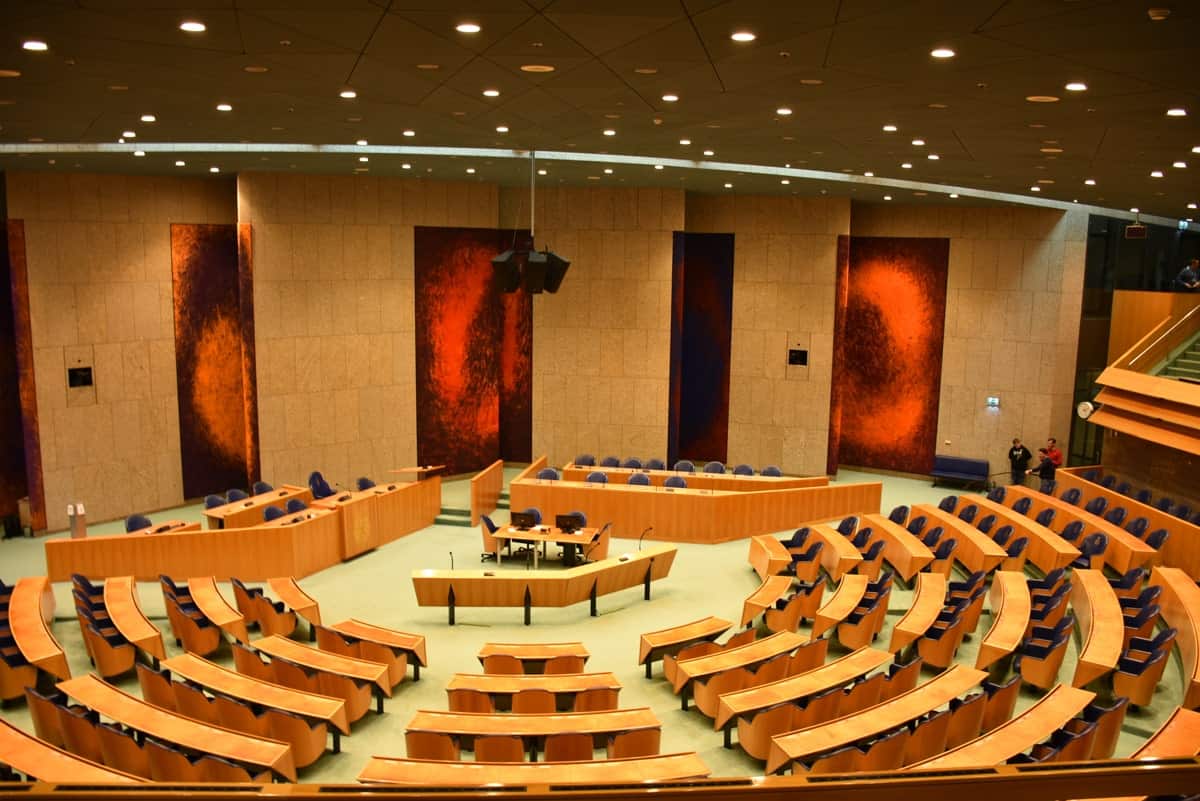Article Franchise+ – Current state of affairs Franchise Act – dated March 27, 2020 – mr. AW Dolphin
The legislative process regarding the Franchise Act continues despite everything
forth. The government can ask further questions about the bill
form the basis of the debate to be held in the House of Representatives about it
bill.
On March 12, 2020, members of the standing committee for Economic Affairs
and Climate questions to the government in response to it
bill of 10 February 2020 for the Franchise Act. This committee is
charged with the preliminary examination of the bill. The questions
the government may be indicative of it yet to be scheduled
parliamentary debate.
Some salient questions include the following:
· There are doubts about the scale and seriousness of the problems in the
franchise sector: The question is asked whether there are any numerical substantiations for this
the alleged problems in the franchise industry, subject to the sources cited
from one newspaper?
· Franchising often involves cross-border agreements.
Would the Franchise Act also apply to franchise organizations that
have branches in other countries? Does the government see risks for the
competitive position of the Netherlands?
· Pointing out the many different types of franchise relationships,
including cases where there is no imbalance. requested
how this can be incorporated into the bill. You will also be asked if
it has been considered to exclude small franchisors.
· More clarity is required about the duty of investigation of the
aspiring franchisee. How far does the obligation to investigate extend
franchisee and what must the franchisor disclose? How does
the absence of the forecast obligation to the historical obligation
share data?
· When entering into a franchise agreement, a
stand-still period introduced, during which the fully informed
franchisee can still withdraw. How does this relate to the
need to safeguard the formula secrets of the franchisor?
· Franchisees would be given certain consent rights over
for example formula changes. The question is how to prevent this
inhibits innovation. Shouldn’t it also be possible for the
franchisor to set up pilots?
· The obligation to allocate goodwill to a franchisee
the end of the franchise agreement only counts as the franchisor
continues the business (with another franchisee). It is unclear whether
this also applies if the company fails to do so during a bridging period
being operated.
· If the franchisee exceeds a (included in the franchise agreement)
level is required to make investments and expenditures, then the
consent of the franchisee is required. It is requested or also agreed
could be that the franchisor can nevertheless make the expenses
obligation, but agrees to compensate the franchisee afterwards
for any harm suffered.
For franchisors and (prospective) franchisees, legislation on the
franchising have a major impact. It matters to them
closely monitor developments in this area and, where necessary, anticipate them
on upcoming changes. The corona crisis will undoubtedly (delay)
have effects on some things, but there will certainly be no question of adjustment
are.
Click here for the published article.
mr. AW Dolphijn – franchise lawyer
Ludwig & Van Dam Franchise attorneys, franchise legal advice. Want
do you want to respond? Go to dolphijn@ludwigvandam.nl

Other messages
Lien of the franchisee
Can a prospective franchisee invoke a right of retention to reclaim an entry fee if a franchise agreement is not concluded after the pre-agreement has been concluded?
Supermarket letter – 24
Draft Bill Law Franchise
Know-how franchise formula now also legally protected
Know-how is one of the most essential parts of a franchise formula.
Franchisors may no longer impose changes to shopping hours
At the end of 2018, a draft of the “Freedom of Choice for Retailers (Opening Hours) Act” was presented.
Draft bill on franchising
A law is being drafted for the franchising industry to improve relations between franchisors and franchisees.
No franchise agreement, despite the designation
Not everything is what it looks like. Even if the franchisor and franchisee believe that there is a franchise agreement, the legal situation may be different.







